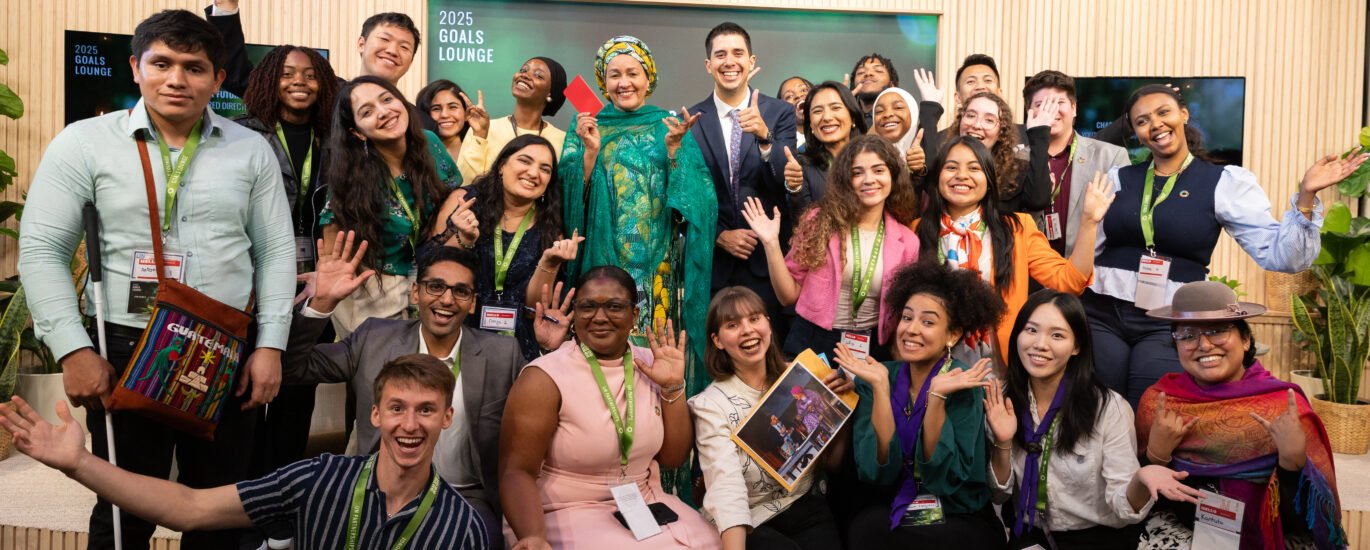


For decades, young people have been recognized as critical partners in achieving peace, development, and human rights, but their place within the United Nations system was never fully institutionalized. That changed in 2022, when the UN General Assembly voted to establish the United Nations Youth Office (UNYO) — marking the first time youth affairs were given a permanent, system-wide home within the UN.
Youth advocacy inside the UN has evolved over time. In the early 1990s, the World Programme of Action for Youth (WPAY) was adopted to guide governments in supporting young people’s education, health, and participation. Still, implementation lagged. To close the gap, the Secretary-General appointed the first Envoy on Youth in 2013, a role meant to amplify youth voices but without formal decision-making power or institutional permanence.
Recognizing the need for a stronger, better-resourced hub, Member States voted in 2022 to create the UN Youth Office — elevating youth affairs from an advisory role to a dedicated office led by an Assistant Secretary-General (ASG).
The Office is headed by Dr. Felipe Paullier, appointed in 2023 as the first Assistant Secretary-General for Youth Affairs. His mandate includes:
With more than 1.2 billion people aged 15–24, the world is living through the largest youth generation in history. Yet young people, especially in the Global South, remain excluded from decision-making and underfunded when it comes to innovation, climate action, digital transformation, and governance. The UN Youth Office signals that youth issues are not a side note — they are now embedded at the heart of global policy.
The UN Youth Office is still young itself — but its creation is a landmark shift. For the first time, there is a dedicated gateway for youth to influence multilateral systems at the highest level. How effective it becomes will depend on how boldly young people step into the space it’s opening.
If you’re a young leader, innovator, or activist, start by following UN Youth Affairs and registering for updates. Don’t wait to be invited — this office exists for you. Claim your seat at the table.
If you’d like to go deeper into my journey — from Malawi, through the United Nations to Microsoft, you can find it in my books:
Get a snippet of my upcoming books: